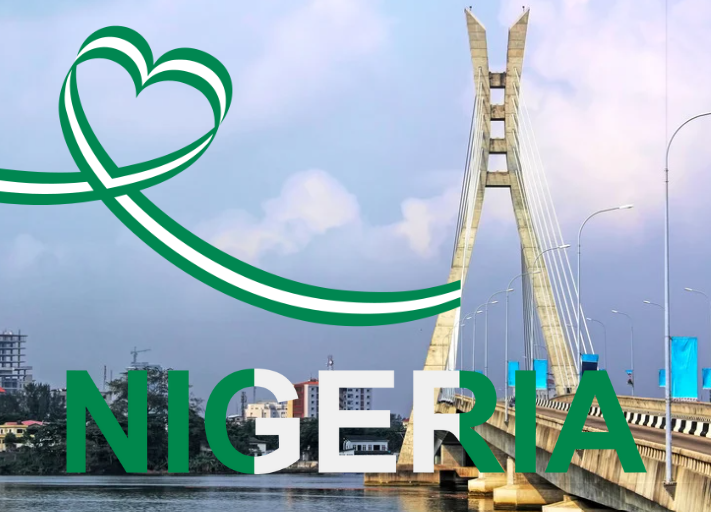Nigeria, the most populous country in Africa, offers a dynamic blend of tradition and modernity. The cost of living in Nigeria can vary greatly depending on the city and your lifestyle. In major cities like Lagos and Abuja, rent and living expenses can be relatively high compared to smaller towns and rural areas. A one-bedroom apartment in the city center can range from $300 to $1,000 per month, while outside the center, it may drop to around $150 to $400. Food is generally affordable, especially when buying from local markets, where fresh produce and staples are significantly cheaper than imported goods. Eating out at local restaurants is budget-friendly, but dining at upscale spots can add up. Utilities like electricity, water, and internet can be inconsistent and may cost around $100 to $200 monthly, depending on usage.
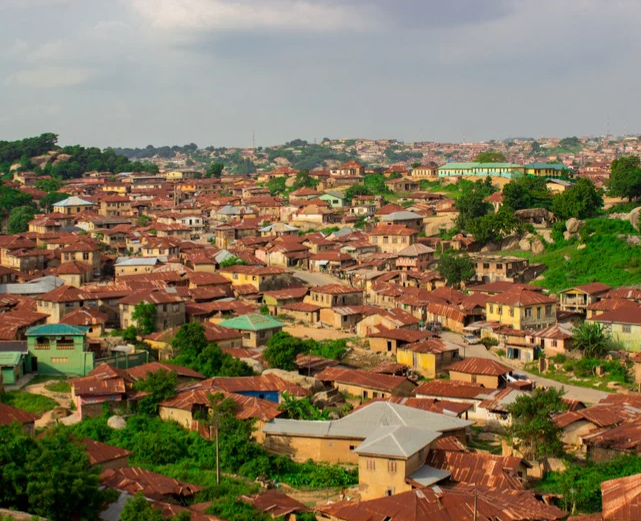
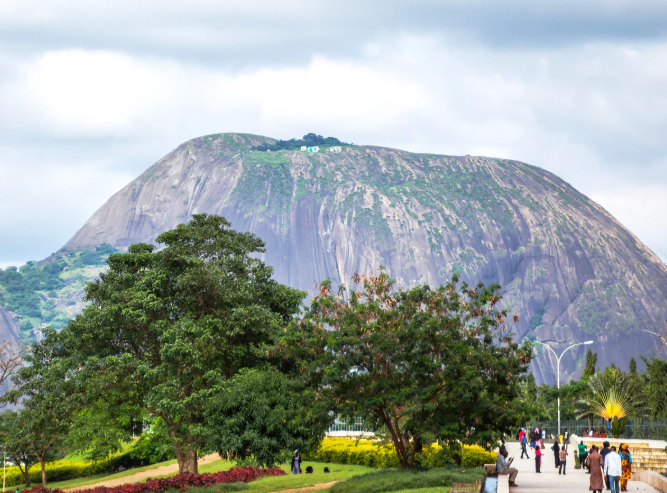
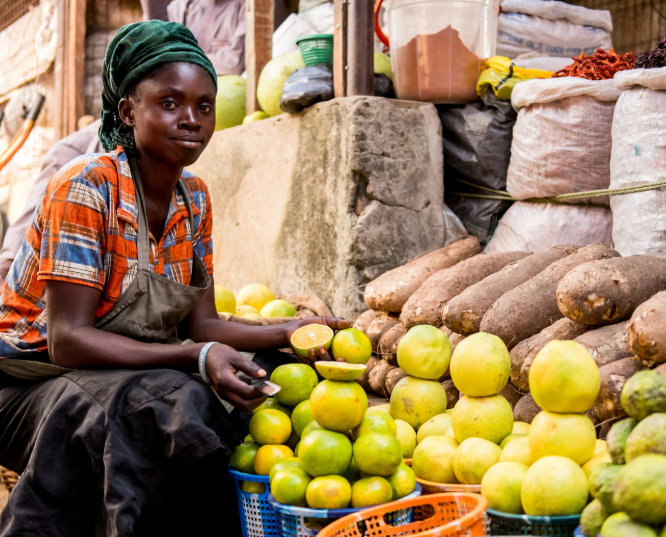
Starting a business in Nigeria is both promising and challenging. The country is known for its entrepreneurial spirit, and there are numerous opportunities in agriculture, fashion, tech, and entertainment. Registering a business can take about 2 weeks through the Corporate Affairs Commission (CAC), and the costs are relatively low. However, navigating bureaucracy and securing funding can be hurdles. Many entrepreneurs find success by forming local partnerships and leveraging community support. Nigeria’s tech sector, in particular, is booming, with Lagos often called the “Silicon Valley of Africa.” Building your own brand here means tapping into a vast and youthful market that is hungry for innovation and new ideas.
Nigerians are known for their warmth and hospitality. The country is incredibly diverse, with over 250 ethnic groups and a strong sense of community. English is the official language, making communication relatively easy for English-speaking expatriates. Religion is an essential aspect of life, with Christianity and Islam being the predominant faiths. In the south, Christianity is more common, while the north is predominantly Muslim. Traditional beliefs are also practiced in various regions. Regardless of your faith, Nigerians generally respect diversity and are welcoming to newcomers. Relocating to Nigeria is an excellent option for retirees looking to experience vibrant culture, rich history, and the chance to make a meaningful impact through community involvement or business ventures.
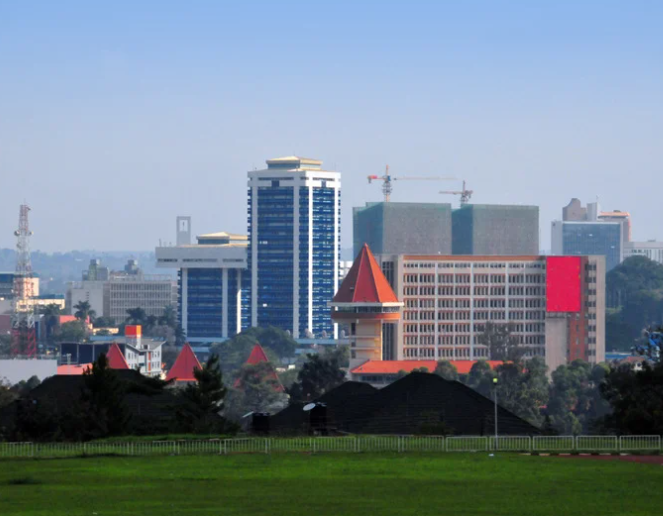
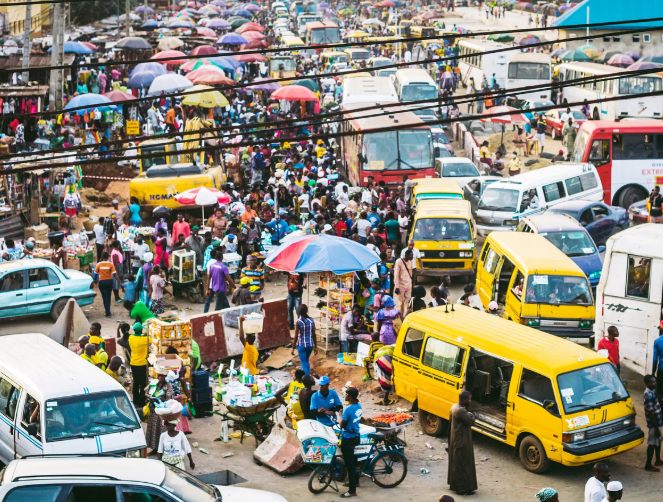
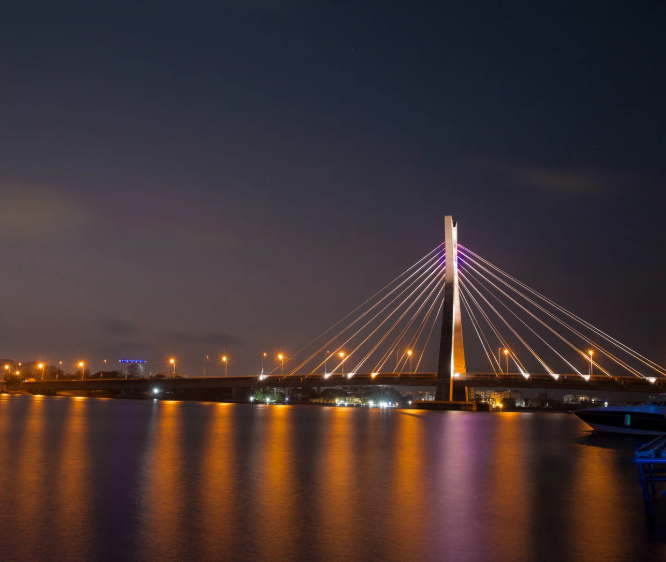
Visa Requirements and Currency Value
To enter Nigeria, most visitors will need a visa, which can be obtained through the Nigerian embassy or consulate in your home country. The cost of a tourist visa varies by nationality but typically ranges from $160 to $200. Business visas are available and may cost more. It’s essential to apply well in advance and ensure all required documents are submitted. Nigeria’s currency, the Nigerian Naira (NGN), has fluctuated over recent years, with about 775 NGN to 1 USD as of the latest rates. Being mindful of exchange rates and the cash-based economy will help you navigate financial transactions more smoothly.
Audrey


